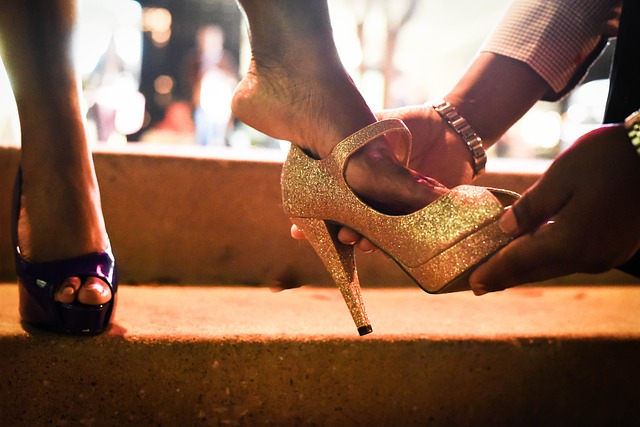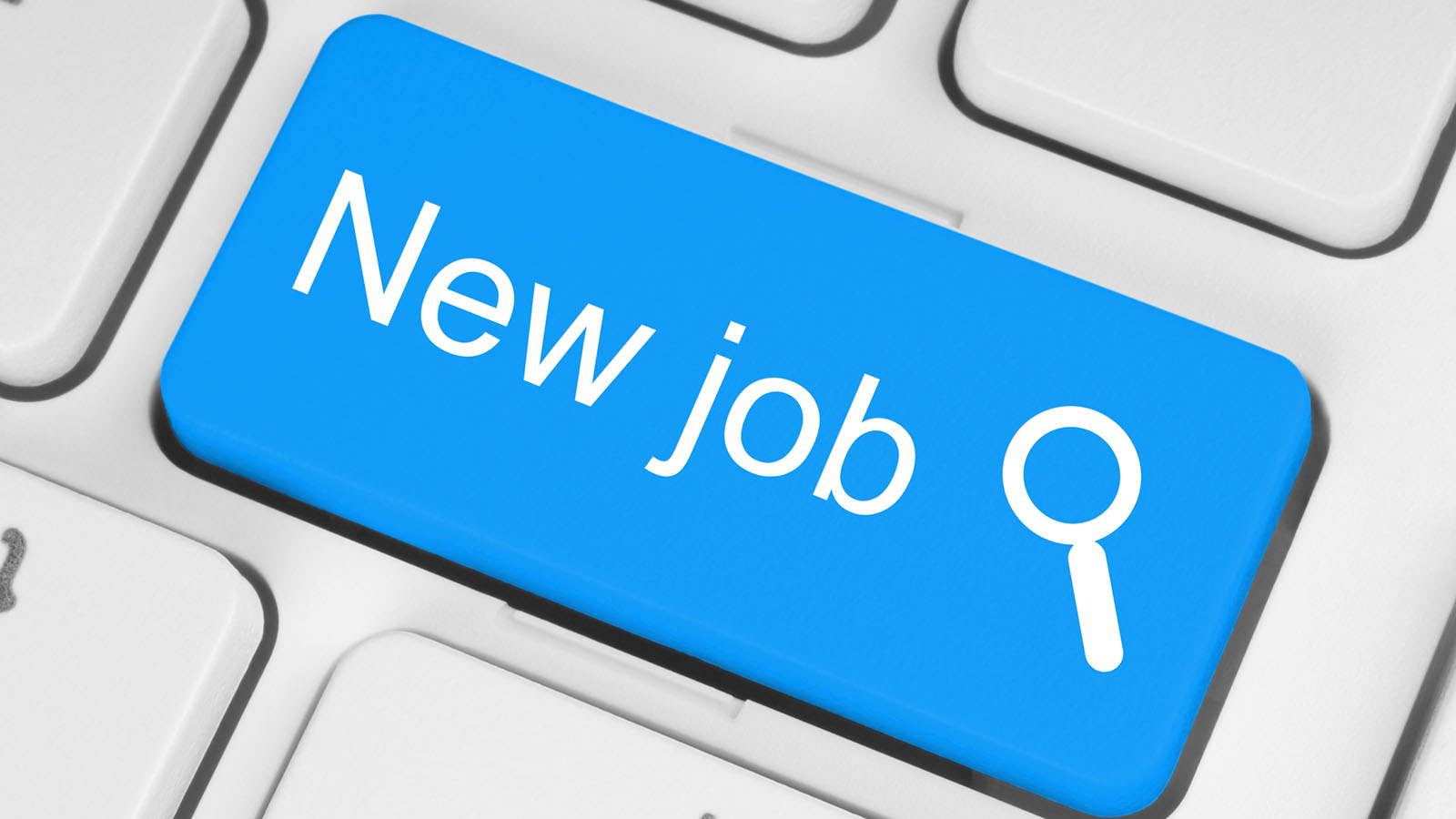When the students in my PR Management class addressed me as “Professor Drucker,” I was taken aback. It’s a title I’ve never held before, and I felt both excitement and trepidation before the first class of seniors and grad students at Pepperdine University.
The excitement was from adrenaline and the anticipation of connecting with 25 young, energetic minds. The trepidation came from the advice offered by friends, colleagues and former teachers who warned me about Millennials. “They don’t listen,” I was told. “They think they’re smarter than everyone,” someone else said. “They don’t value experience; if you’re over 40 they’ll just tune you out,” was another theme.
But this class of Millennials defied the warnings. What’s more, I have a very strong feeling that the brains, energy, and commitment I’ve observed are not unusual. We completed our seventh class last night. All were in attendance for two-and-a-half hours of lecture. There was terrific attention and interplay and lots of great questions. All were alert, bright, energetic. Here’s what I’ve learned about this one small sample of Millennials.
They value substance as long as it’s relevant. Once you establish something they believe is of value, they listen. No closed eyelids, no light snoring. They’re more than willing to commit time and attention when the knowledge is relevant to their upcoming careers and future, — and not just in the financial sense.
They respect experience. Research shows that the rising Millennials have a narrower generation gap with their parents than the Boomers did. My experience is that the students honor and understand experience as long as it’s placed into a context they can understand.
They’re connected and committed socially. They care far more about social change than my own generation. To these young people, social change is more than a marketing strategy or a reputation management tool. The environment, human rights, racial equality – all are part of who they are and what they value. To me, this has implications for the future of workplace culture and ethical decision-making in our industry.
I gave them a weekly assignment asking each student to pick a mythical client – a product, brand, company, or organization – and explain why they chose it. Then they were to brainstorm some key communications campaign elements and explain the strategy behind the tactics.
Every one of them selected either a philanthropic or cause-related organization or a brand or company with strong equity in social responsibility. All came up with creative concepts grounded in a social need or cause. I don’t imagine that my generation, at that stage in our lives, would have done the same. Their list read like a Who’s Who of socially responsible brands, from TOMS shoes and Starbucks to MAC cosmetics and The Honest Company.
Of course, youth is idealistic, and the world is a different place than when I was a kid. Public relations, too, has morphed and matured as a communications discipline. But whatever the reasons, I think these Millennials have a different view of the world, our global culture, and our interdependence than previous generations.
So, if there’s one takeaway from my role as Professor Drucker to date, it’s renewed faith in this generation of digital natives, both as future PR practitioners and as committed citizens. In a crazy business and an even crazier world, it inspires me to have a chance to influence – and be influenced by – the PR leaders of tomorrow.




